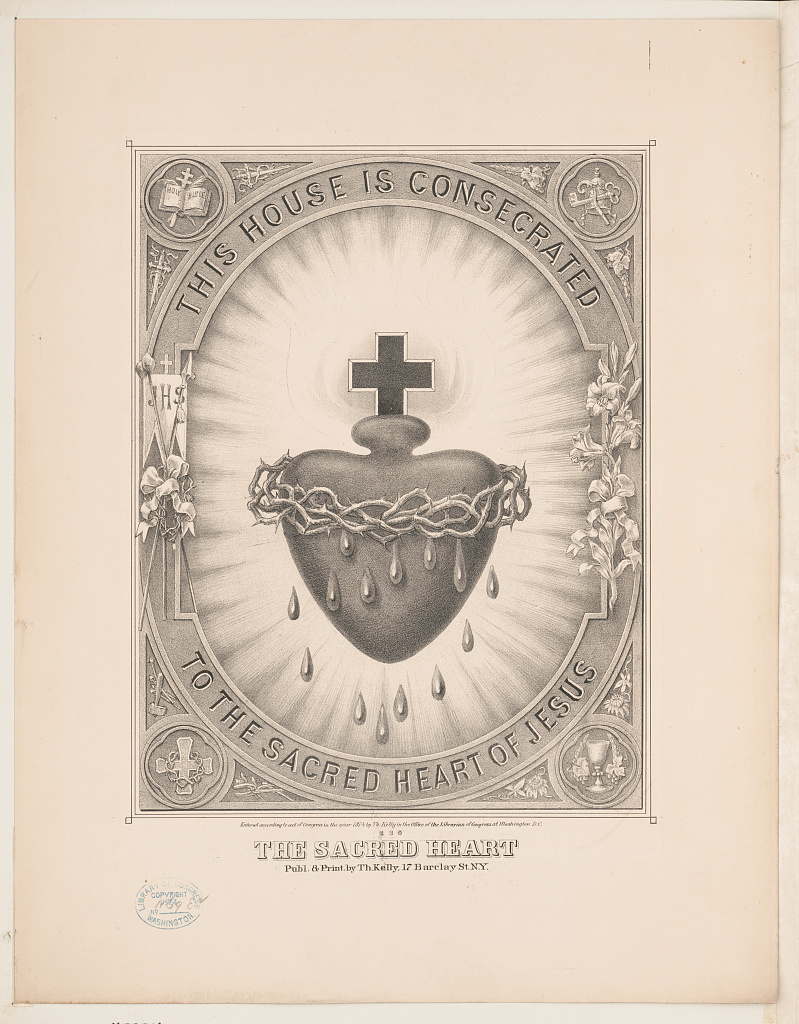Armando Valladares was initially one of Fidel Castro’s supporters. He even got a job in the Office of the Ministry of Communications for the Revolutionary Government. But in 1960 things changed drastically. It happened that everybody else in his workplace had placed an I’m with Fidel sign on their desks. Doing so wasn’t officially required. But it was, you know, required. Valladares refused. He didn’t condemn or speak out against Castro. He simply declined to display the sign. For that simple refusal, he was sentenced to prison for 30 years. He spent 22 years in the worst conditions until his release and exile in 1982.
The story of Valladares comes to mind in the month of June. As the displays at stores, offices, and city hall proclaim, June is “Pride Month,” dedicated to the celebration of the LGBTQ+ community. Of course, people are free to celebrate whatever they want. That’s just a fact in a diverse society. But what happens to those who decline to celebrate Pride Month? Who don’t harbor any ill will but simply view human sexuality differently? Who don’t fly the flag – or put the sign on their desk?
Many of you know the answer to that from your own experience. Many of you have suffered criticism and/or isolation among friends and at work because you don’t celebrate Pride Month, or don’t indicate your preferred pronouns, or don’t display the requisite signage. I’ve heard from many parishioners (and beyond) about the support for Pride Month that isn’t officially required at work. . .but, you know, is required. The intimidation at play indicates that at issue here is not the innocent pride that one might have in one’s children, or country, or a job well done. No, it’s the vicious variety, the pride that demands everyone’s approval.
Pride is intolerant. That’s a statement about the vice itself before any consideration of our cultural situation. The proud man can’t tolerate any criticism or opposition. Pride is the expansion of the self to the exclusion of others. As C.S. Lewis observes, pride is “essentially competitive.” It won’t brook anything getting in its way. June’s Pride demands the surrender of any competing view of the human person.
Several weeks ago, some of my parishioners told me about the June book promotion at a local elementary school. Prominently displayed in the library for Kindergarten through 2nd-grade students are books promoting drag queens and transgender ideology. These parents are taxpayers in the City of Falls Church. But they were never asked permission, and they never granted permission, for their children to be introduced to these issues.
In June, Falls Church City Hall flies four flags. The first three are standard: of the nation, the state, and the city. The fourth is the rainbow/transgender flag. Now, what do the flags mean? The first three clearly indicate in what jurisdiction and under what authority the city does its business. Does the fourth mean the same thing? Does it express the government’s loyalty to or endorsement of a certain agenda? If so, what is your relationship to City Hall – to your government – if you don’t assent to the rainbow flag’s agenda? Do you have standing equal to those who fly the rainbow flag?

On the small interpersonal level, pride’s intolerance is ugly and annoying. But when pride is the principle of a cultural and political movement, its intolerance threatens civic life. Insistence on pride leads to intolerance of those who disagree. In this, “Pride” follows standard Marxist tactics. First, there’s the oppressor/oppressed narrative. If you don’t join your voice to that of the self-proclaimed oppressed, then you are an oppressor. In this case, if you don’t signal your support for Pride, then you are a “hater.”
Then there’s the Marxist politicization of everything. You must align yourself on one side or the other. Thus, the rainbow flag – a political symbol – infects everything during June: stores, churches, schools, city hall. Even baseball. For years, ballparks have sponsored “Pride Night.” That was bad enough. Today’s secular canonization of the Sisters of Perpetual Indulgence at Dodgers Stadium simply reveals Pride’s latent prejudice and intolerance.
There is much to lament about pride and Pride. But the better response is to tack in another direction. Not to complain but to seek humility, which is foundational for the Christian life and for civil discourse. Today is the feast of the Sacred Heart of Jesus – of the one who “humbled himself, becoming obedient to death, even death on a cross.” (Philippians 2:8)
Humility! is not quite as effective a battle cry as Pride! Humility is hard to embrace because it always carries the stinging reminder of our created and fallen nature – that we neither create nor save ourselves. Pride presumes the power to define ourselves and to brush off the creaturely limits of male and female. In so doing, it closes itself off from – it becomes intolerant of – a Savior.
Humility opens us to the Savior who has opened his Heart to us. “Learn from me, for I am meek and humble of heart.” (Matthew 11:29) The feast of the Sacred Heart bids us open our hearts in humility to the One who has opened his Heart in humility to us. It is a fitting feast to turn away from the pride that divides and toward the humility that saves. Jesus, meek and humble of heart, make my heart like unto thine!
__________















